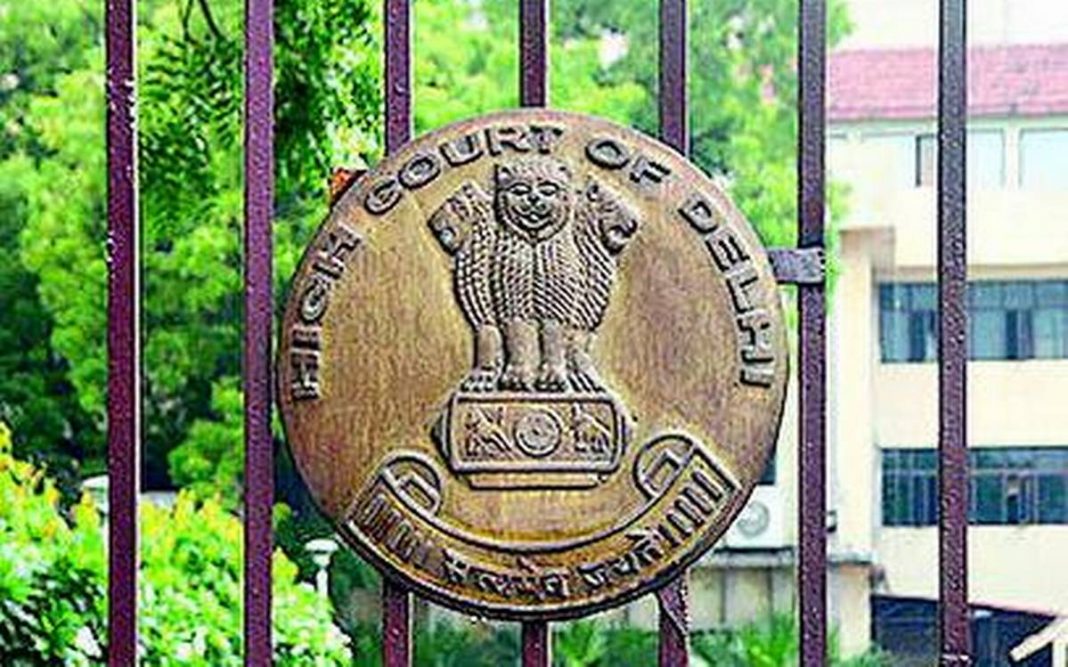The High Court of Delhi on Wednesday refused an Overseas Citizen of India to represent the country on national level.
A minor overseas citizen of India is allowed by the Court of Justice V. Kameswar Rao to participate in Junior National Equestrian Championship as HC (Hors Concours) entry where she can participate but she will not be graded.
It was said that an OCI cannot represent a National team of India. The Court also noted that had she been an adult, the privilege of ‘HC entry’ won’t be available. The petitioner being a minor is allowed to participate so as to provide her the exposure and to encourage the sportsman spirit.
The minor has accorded parity with NRI in ‘education fields’ by the Government of India. In the case of Sorab Singh Gill vs. Union of India AIR 2010 P&H 83, ‘education field’ is interpreted to include Sports. It was mentioned in the judgement as following-
“18. … From time immemorial schools have also included sports as part of education. All good schools have invariably included sports as part of education for the overall development of a student and it is, therefore, considered a necessary ingredient of education. Those, talented in sports, have also got admission in the educational institution on such basis thereby reflecting weightage of the performance in sports in the field of education. …This also shows that even the UGC regards sports as an integral part of education.”
The petitioner prays to quash technical guidelines of 2021 issued by the Equestrian Federation of India (EFI) whereby it has mandated that riders must have Indian Passport which in this case tantamount to refusal of participation to OCI cardholders in Junior National Equestrian Championship (JNEC), 2021-2022.
EFI was formed in 1967 and India joined Federation of Equstre Internationale in 1971, making all its regulations binding on EFI. It is mandated in Clause 9 of Article 503 of the technical guidelines that Riders holding valid Indian passport are permitted to participate in JNEC. Thus, the minor cannot participate being an OCI cardholder.
Also Read: Meghalaya High Court directs state govt to implement plans for cancer patients
The strict rules of EFI regarding representation by an Overseas Citizens of India is not justifiable when other federations like All India Football Federation (AIFF) have renewed their rules for inclusion of Overseas Citizens of India (OCI) and Persons of Indian Origin (PIO) in the national teams.
Indian Government carries a clear stand on the citizenship regulations where dual-citizenship is prohibited. The Sports Ministry under MS Gill in December, 2008 formed a policy in which only Indian Citizens are eligible to represent the country in national events. Any OCI or PIO card holder is ineligible despite being capable. The necessity to stay in India for minimum period of one year in order to obtain Indian citizenship.
Izumi Arata, an Indian-Japanese footballer is the only successful PIO to play for India but he had to gave up his Japanese passport to represent India in 2013. This was made possible because the regulations of FIFA player’s eligibility criteria are comparatively less stringent to those of Indian Government. In FIFA world cup, 2018 total participating players were 736 out of which 82 were not born in the country that they represented. In the Olympics, athletes are not distinguished through nationalities obtained through birth, bloodline or residence. A temporary condition is stated by the International Olympic Committee’s rules that a period of three years should have elapsed since the athlete’s last participation on behalf of his former country.
The rigid rules that India is upholding against the OCI and PIO are not followed in other countries. Giovanni Lanaro, pole vaulter who is an American represented Mexican national team. His mother was born in Mexico which was enough to have Mexican heritage in order compete for Mexico.
Also Read: Delhi High Court issues notice for the appointment of DMRC managing director
There are several examples of athletes like, David Torrence (Peru), Alexi Pappas (Greece), Peter Callahan (Belgium), who are themselves Americans but their ancestors were born abroad which makes them eligible to represent that country.
In the given case, the minor has been living in India from last six years. She holds a Belgium Passport while her father is an Indian Citizen. She qualified for 2nd Regional Equestrian Leagues but she was denied participation in JNEC. The government affirmed that prospects of home-grown sportspersons would be hampered if foreign athletes are allowed to play for India. But the same can strengthen and improve the teams.


